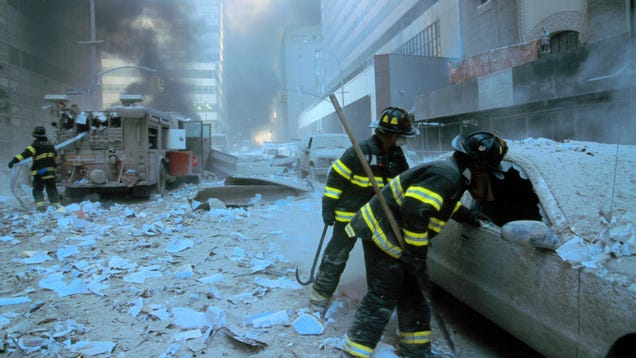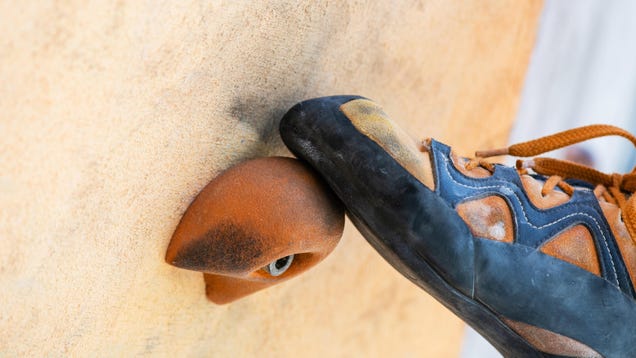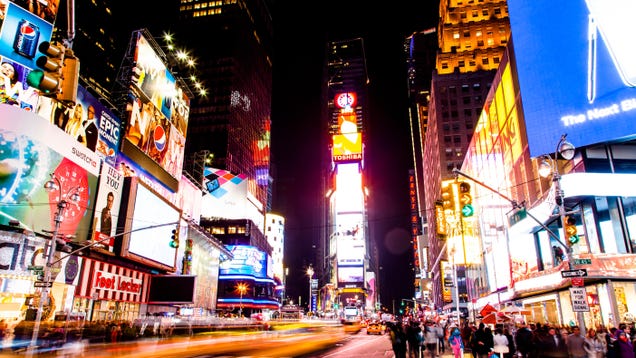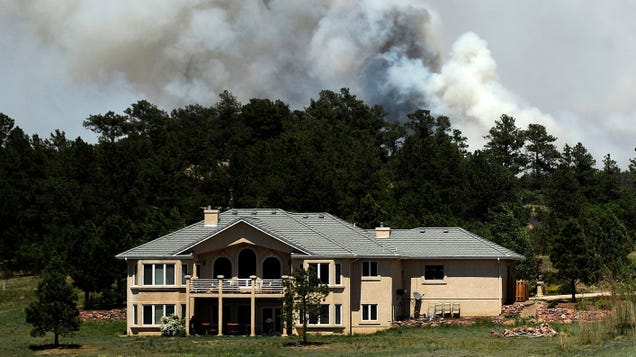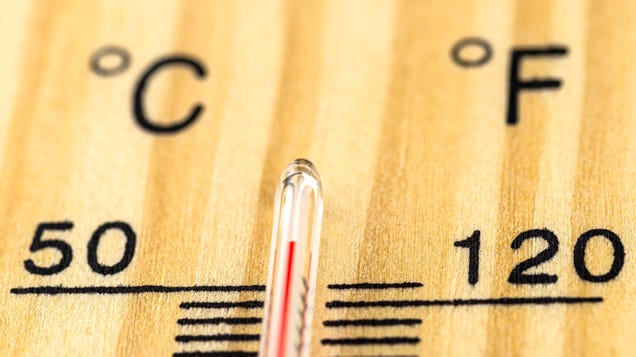
Thousands of satellites are currently parked in low Earth orbit, with some that will eventually become defunct and fall back towards our planet’s atmosphere. As they reenter the atmosphere, satellites leave behind a trail of chemicals that eat away at the ozone layer. A new study warns against the growing number of…

